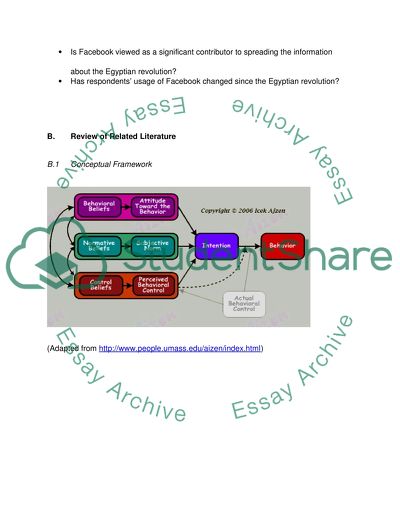Cite this document
(“Effects of Facebook Usage on the Egyptian Revolution Research Paper”, n.d.)
Retrieved from https://studentshare.org/family-consumer-science/1417185-facebook-effect-on-the-egyptian-revolution
Retrieved from https://studentshare.org/family-consumer-science/1417185-facebook-effect-on-the-egyptian-revolution
(Effects of Facebook Usage on the Egyptian Revolution Research Paper)
https://studentshare.org/family-consumer-science/1417185-facebook-effect-on-the-egyptian-revolution.
https://studentshare.org/family-consumer-science/1417185-facebook-effect-on-the-egyptian-revolution.
“Effects of Facebook Usage on the Egyptian Revolution Research Paper”, n.d. https://studentshare.org/family-consumer-science/1417185-facebook-effect-on-the-egyptian-revolution.


